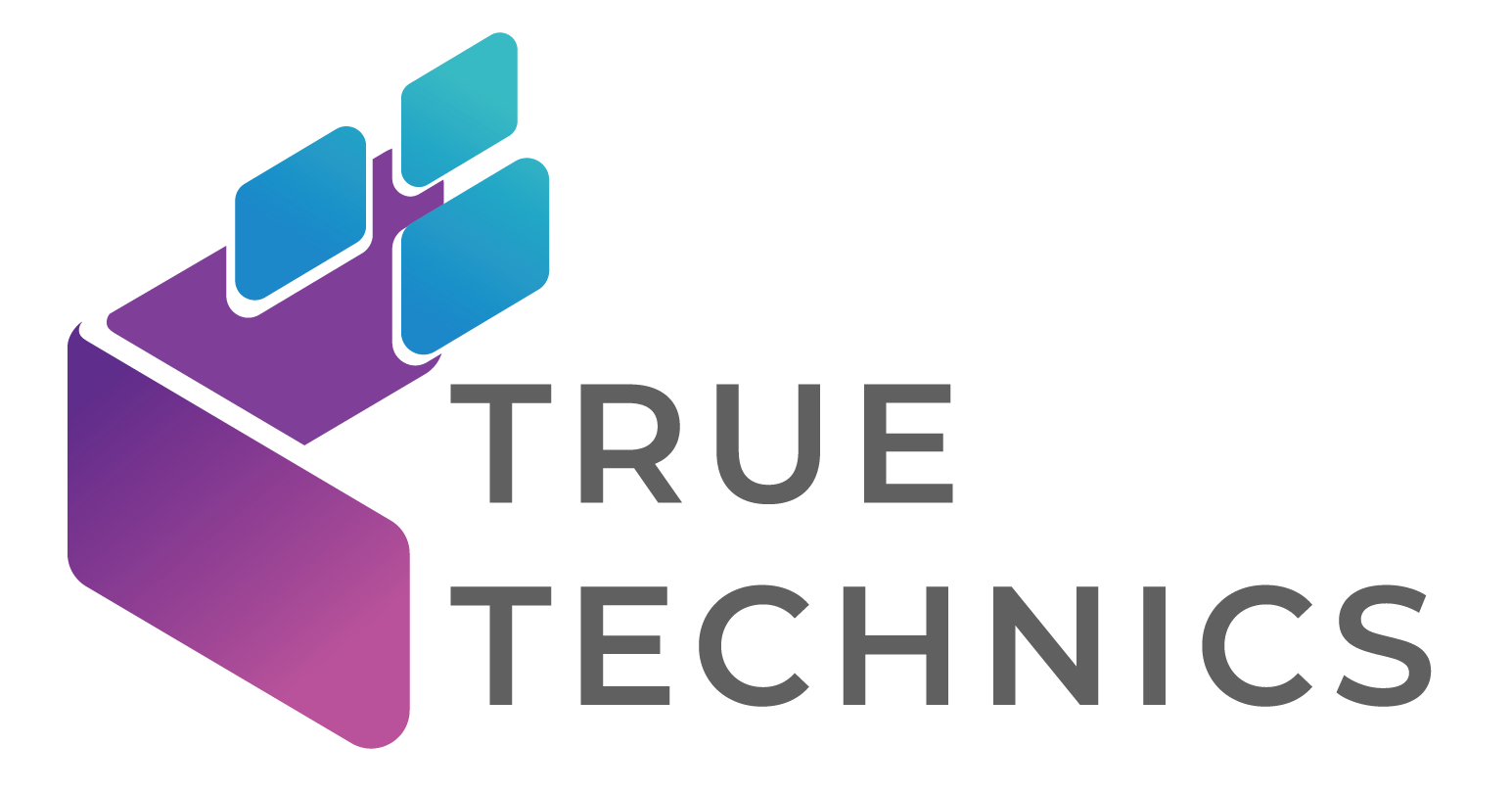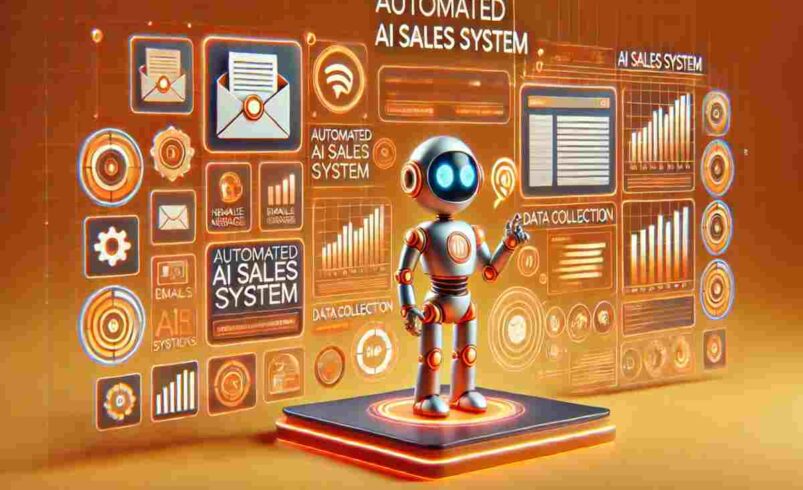AI-Powered Sales Automation in 2025
Artificial intelligence (AI) is no longer simply a buzzword; it is now a key part of how modern sales companies work. AI-powered sales automation is one of the most disruptive uses of AI. It is changing the way teams talk to potential customers, complete transactions, and grow their businesses with accuracy.
Sales automation powered by AI is going from being an optional innovation to a strategic imperative as we look ahead to 2025. To stay competitive, improve efficiency, and meet customer needs, companies in many fields are increasingly using smart technologies.
AI-Powered Sales Automation: Investment Trends in 2025
AI-powered sales tools are no longer just experimental add-ons; they are becoming a key part of modern sales systems. The investment landscape of 2025 reflects this change, with a few major trends indicating the allocation of money and strategic attention.
1. Surge in Global Market Value and Capital Inflow
As automation becomes more common in fundamental business activities, companies are spending more of their money on AI solutions that show clear outcomes. Sales leaders are looking for technologies that cut down on manual effort and make it easier to analyze the pipeline, prioritize leads, and boost team productivity. This increased trust is moving AI from the pilot phase to full use.
Companies like ZoomInfo are capitalizing on this trend, as evidenced by their continued growth in the sales intelligence market (see ZoomInfo investor info) for current financial performance.
2. Change from Static to Dynamic Sales Models
Sales strategies are becoming more flexible and based on data. Real-time dashboards, AI-assisted forecasting, and behavior-based automation are taking the place of static processes like quarterly performance evaluations and generic outreach. People are interested in tools that change based on customer signals since they can improve the buyer’s journey with no friction.
3. Rise of Vertical-Specific AI Sales Solutions
The growth of industry-specific sales automation tools is a significant development. Companies are realizing that generic tools don’t work for their needs and are instead using AI systems that are made just for the needs of their business, whether it’s healthcare, SaaS, manufacturing, or retail. These customized solutions have more features, are better at following rules, and give you a better return on investment over time.
4. Strong Momentum in Conversational and Generative AI
Conversational interfaces and tools for creating content are making it easier than ever to connect with many leads at once. AI-powered chatbots, smart virtual assistants, and automated content generators are helping sales teams give each customer a unique experience at every stage of the funnel. The capacity to answer questions, suggest next steps, and automatically create follow-ups is changing how reps manage their time and attention.
5. Strategic Redistribution of Company Resources
Companies are looking again at how they divide their resources between sales and marketing. Companies are putting money into technology that makes their current staff more productive instead of just hiring more people. This change is making sales teams and AI providers work together more closely, which is speeding up the adoption process and making it possible to use AI in more places.
6. Focus on Scalability, Personalization, and ROI
Investors and decision-makers are prioritizing solutions with enterprise-level features and ease of use. Platforms that show clear benefits in deal conversion, sales velocity, and client lifetime value are becoming more popular. Scalability, ease of integration, and actionable insights are now required features.
Things to Look Out for in the Market in 2025
As more and more companies engage in AI-powered sales automation, it creates big market potential, especially for those who come up with new ideas and try new things.
1. Hyper-Personalization on a Large Scale
People who buy things these days demand timely and relevant communication. AI lets you send personalized information, deals, and follow-ups through several channels without making sales personnel too busy. Companies that can easily personalize across several channels with little manual work are ready to take the lead.
2. Predictive Sales Analytics and Forecasting
Sales teams don’t have to rely on their instincts or past data anymore. AI helps companies make better decisions by letting them look at trends in real time, score leads based on how likely they are to leave, and anticipate when they will leave. Tools that add predictive features to everyday tasks are increasingly necessary.
3. Automating Follow-Ups and Outreach
Email marketing is no longer the only way to automate interaction. AI-powered systems now handle outreach through SMS, chat, and even voice channels. This makes sure that communication is timely and relevant at every point of the sales cycle. The chance is to make platforms that keep learning and getting better based on how people respond.
4. Sales Enablement and Real-Time Coaching
AI is also changing how salespeople can do their jobs. These technologies help salespeople do their best in every engagement by showing them relevant content in the middle of a conversation and giving them immediate coaching ideas. Real-time help is a game-changer as sales cycles get more complicated, especially in B2B settings.
5. AI for Channel and Partner Sales
Direct sales automation gets a lot of attention, but using AI in channel and partner ecosystems is a great idea that hasn’t been done yet. AI can assist in improving results and making processes run more smoothly across distributed sales networks by optimizing lead distribution and tracking partner performance.
6. Regulatory and Compliance-Focused Sales Solutions
As data privacy laws get stricter, AI can help you stay compliant without slowing down your work. It’s becoming more and more important to have tools that can find problematic language, enforce communication standards, and keep track of outreach for auditing purposes. This is especially true in the fields of banking, healthcare, and government.
Conclusion
Sales automation powered by AI isn’t something that will happen in the future; it’s something that businesses can do right now if they want to be innovative. In 2025, we’re starting a new phase in which smart technologies that learn, adapt, and provide constant value will give sales teams more authority.
The combination of AI and sales is an obvious way to go if you want to find solutions that will help you reach out to more people, make better decisions, or make more accurate forecasts. Companies that get on board with this change early will be better able to grow, cut down on waste, and gain a long-term competitive edge.
Author Bio:
Rizky Darmawan is a digital marketer and research nerd who loves helping brands grow with innovative strategies and creative touch. When he’s not diving into brainstorming ideas, you’ll probably find him gardening in his small yard. Connect with him on https://www.linkedin.com/in/rizkyerde/


